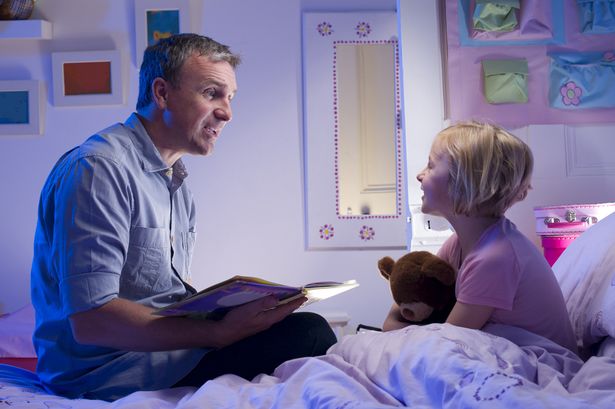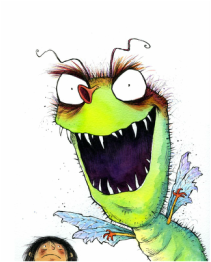You know your family well, trust your instincts about how you need to respond to them.
When disasters happen we tend to get swept along with the media frenzy, but
repetition of disaster scenes is not good for kid’s (or adults) brains - they can’t rationalise that it’s not happening again and again, so limit access to media.
It’s so easy for life to be disrupted after a shake like this, but it is important that kids experience life keeping on as normal in spite of it, so keep your normal routines as much as you can; get up, get dressed, have breakfast, do your chores! If your kids’ school is open and they are ok, take them.
If you have had to evacuate, try to normalise your situation into your normal routines as much as you can. Let your tamariki know what is happening but make decisions as adults, use distraction to divert kids’ attention from the situation, engage them in activities, lighten the conversation, don’t dwell on panic. Older kids (adolescents) will probably respond well to being included in some planning, it will give them some sense of control. But be the adult in charge, even if you’re feeling wobbly on the inside.
Use a strong, slow and low tone of voice to bring down stressed kids or adults; when we are panicked we tend to use a higher and faster tone.
Eating well is important for managing in stressful times, continue to have the food that you know supports your body and mind.
Use breathing exercises if you are feeling panicky. Focus on your breath, slow it as it goes in and out, become mindful of what is happening around you and how your body feels, look at the sky, the trees, listen to the sound around you, inhale the smells, come into the present, don’t attend to your thoughts for a minute.
Rest when you need to and be mindful that the children might need more downtime than usual. And most importantly take care of yourself. Ask for support if you need it.
| Julie Burgess-Manning is a Family Therapist and NZ Registered Psychologist who has studied and practiced in England and throughout New Zealand. She has worked in a variety of child, adolescent and family mental health settings for the past 18 years, with roles such as Senior Clinician, Therapist, Clinical Supervisor and Primary Mental Healthcare Liaison. [email protected] |


 RSS Feed
RSS Feed